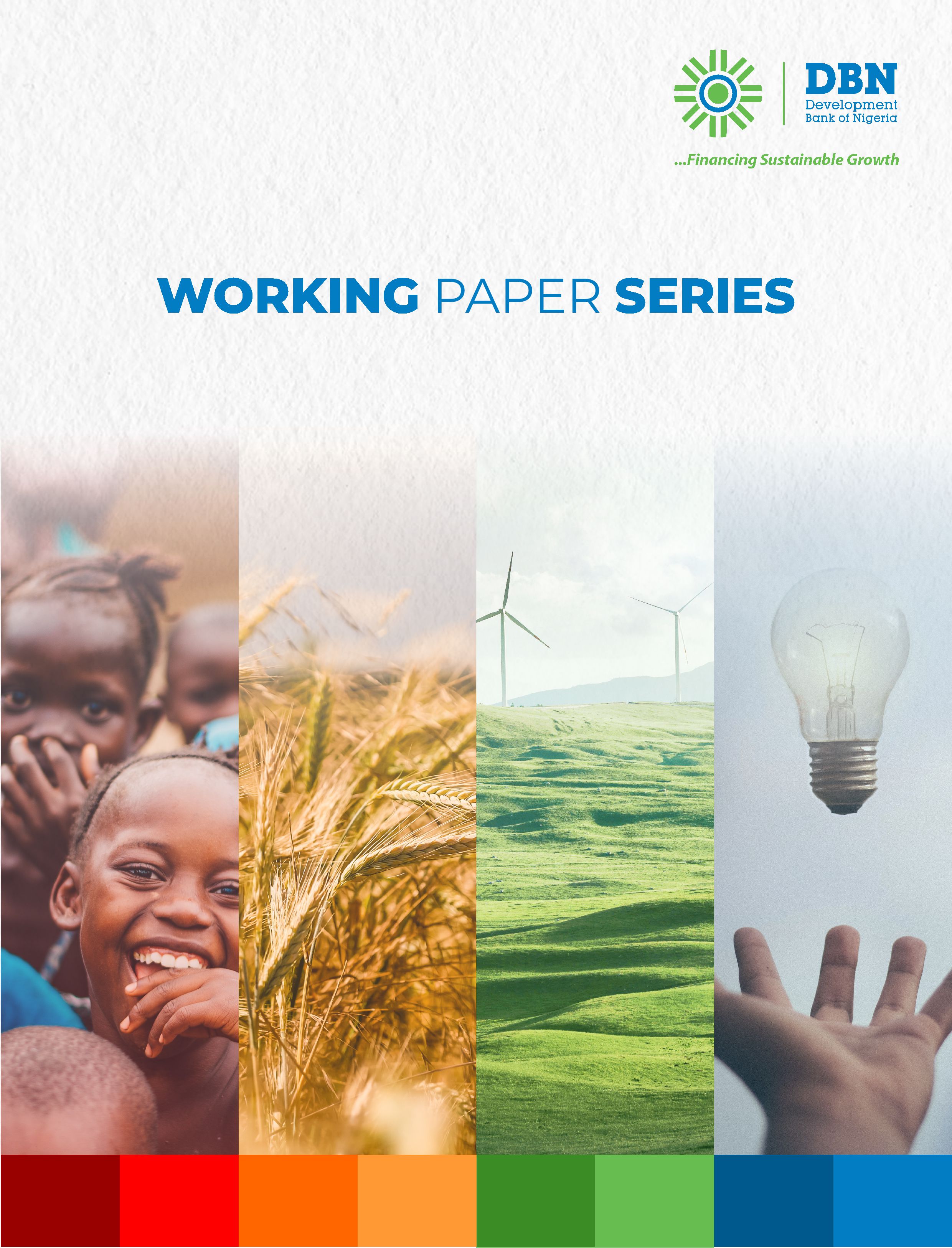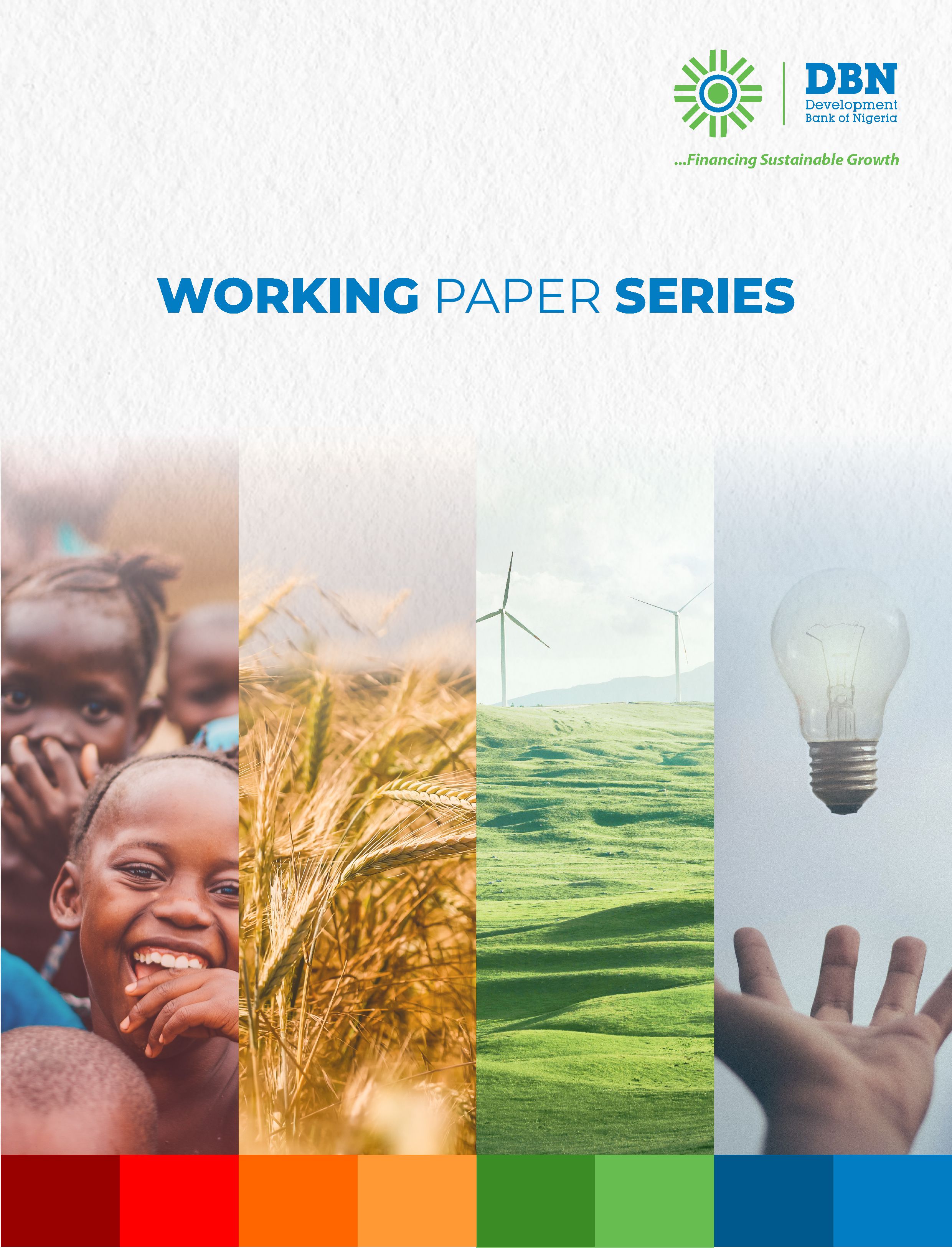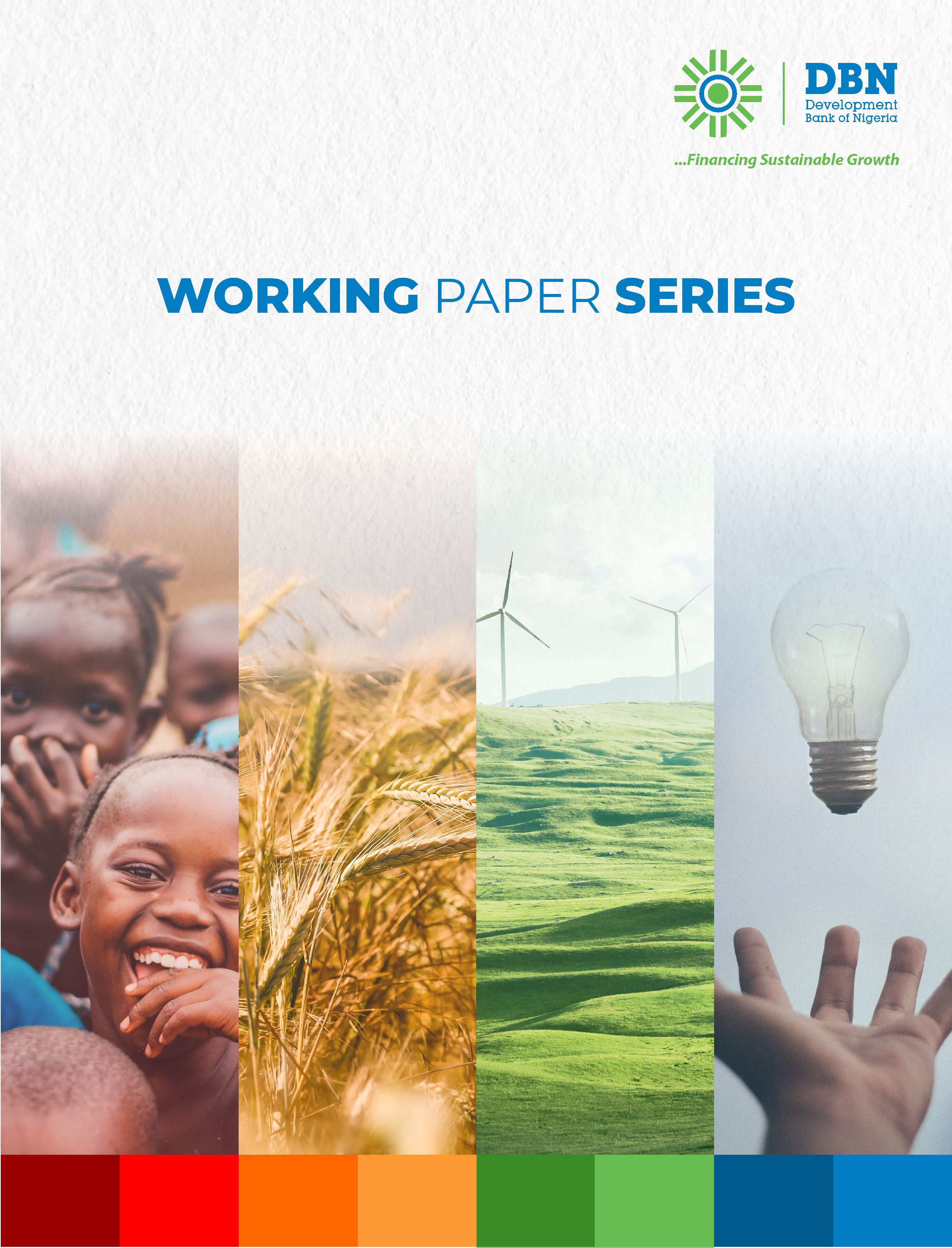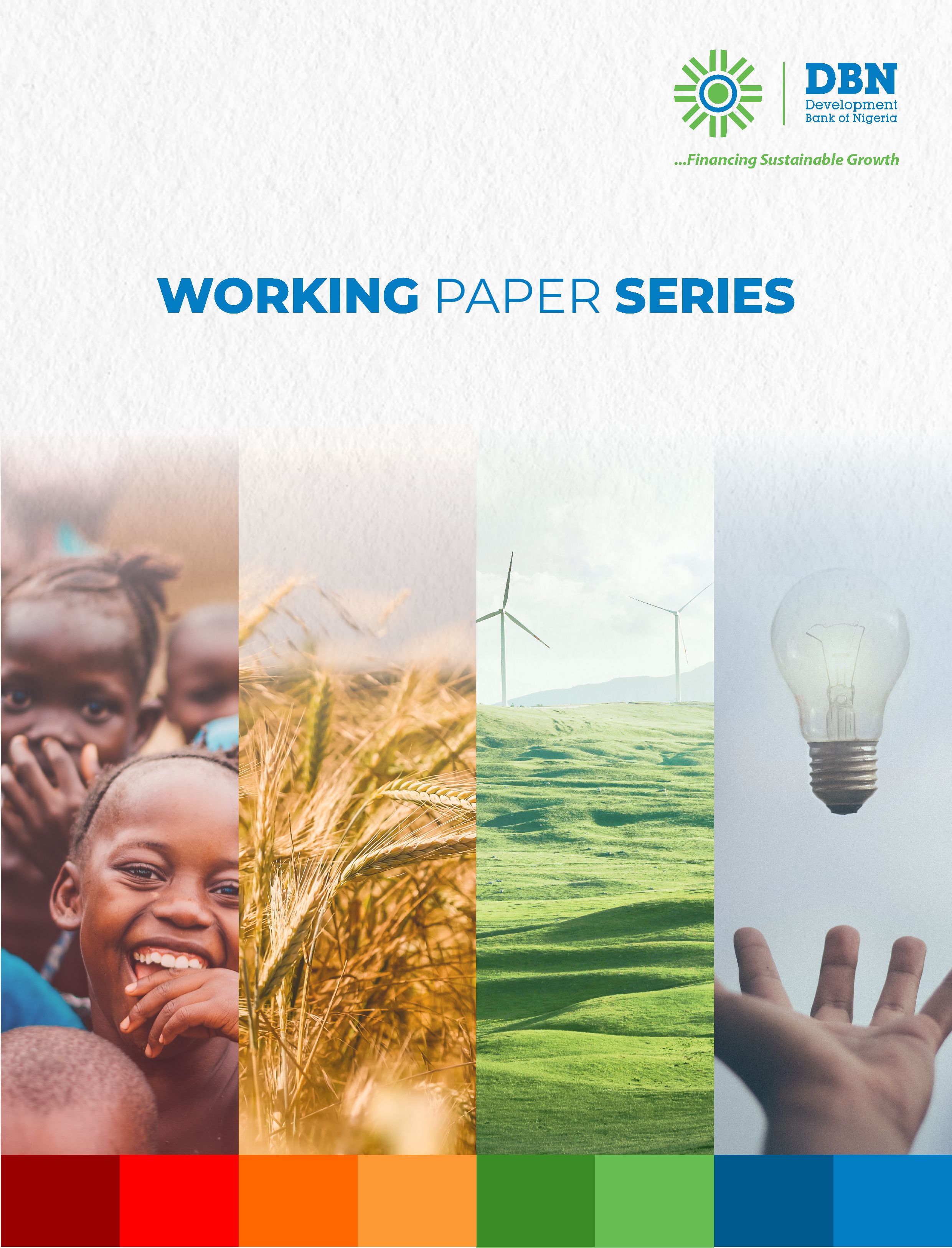
Publication Information
Published by: Admin
Published: 1 year ago
View: 325
Pages: 31
ISBN:
Abstract
A popular theme in the literature is the examination of a variety of factors that contribute to energy poverty, but little is known about the connection between public debt and energy poverty, particularly for developing regions of the world. This study clearly illustrates the nexus between public debt and energy poverty, focusing on thirty SSA nations from the years 2007 to 2018. In conjunction with disaggregated energy poverty variables such as urban electrification, national electricity access, rural electrification, access to clean cooking fuels, renewable energy utilization and output, a composite energy poverty index was developed using the principal component analysis and estimated in relation to public debt via the Instrumental Variable Generalized Method of Moments approach. Additionally, the effects of a debt threshold are taken into account and their implications for the region’s energy poverty are assessed. The main finding of the study reveals that public debt has a positive and significant linear effect on the energy poverty index, national electricity access, urban electrification, rural electrification and access to clean cooking fuels while it reduces renewable energy production and utilization. Thus, our research contributes to the body of knowledge and offers policy recommendations for SSA's targeted reduction in energy poverty through sustainable public debt management.
Chukwunonso Ekesiobi Mr
Stephen K. Dimnwobi Mr
Favour C. Onuoha
Kingsley I. Okere
Related Publications

VOLUME 7 ISSUE 2 2024
Female unemployment and the procedure that a woman has to go through to start a business: microfinance policy thresholds

VOLUME 7 ISSUE 2 2024
Sustainable urbanization and vulnerability to climate change in Africa: Accounting for digitalization and institutional quality

VOLUME 7 ISSUE 2 2024
Foreign direct investment and Renewable energy development in sub-Saharan Africa: Does governance quality matter?
